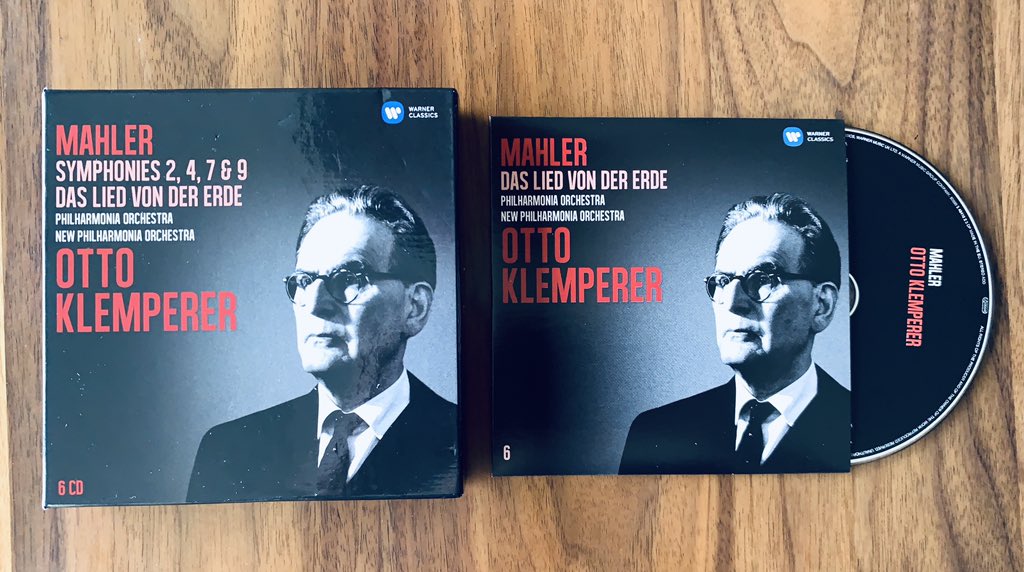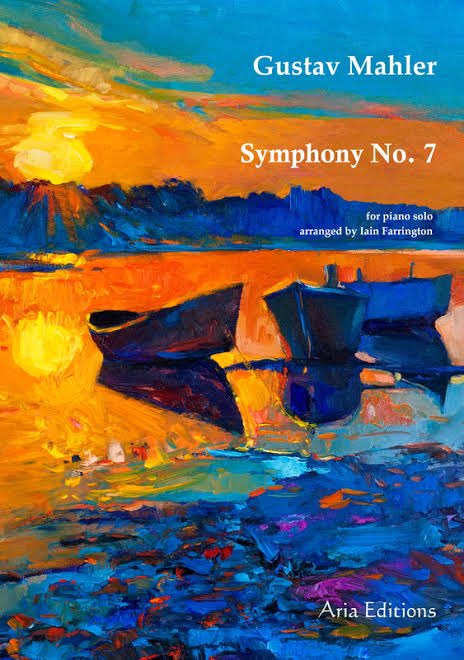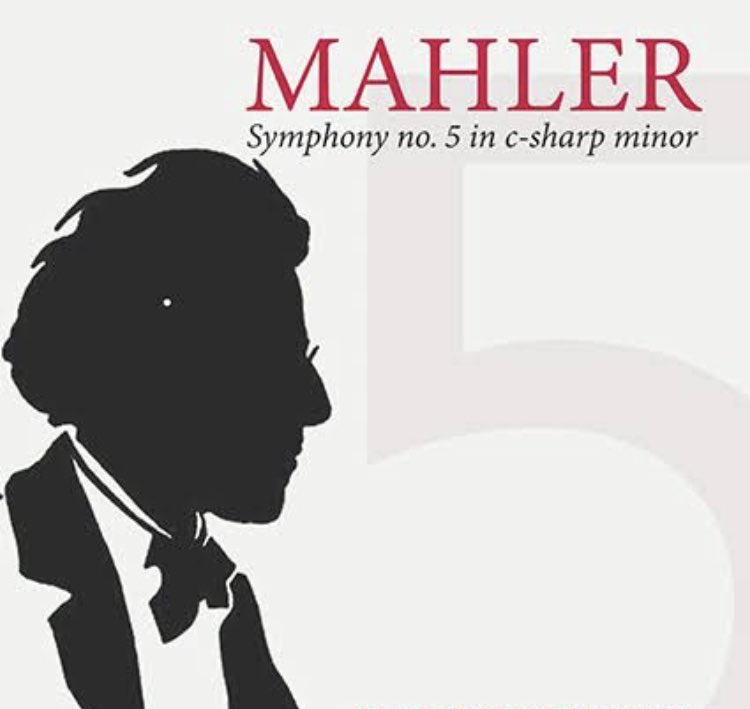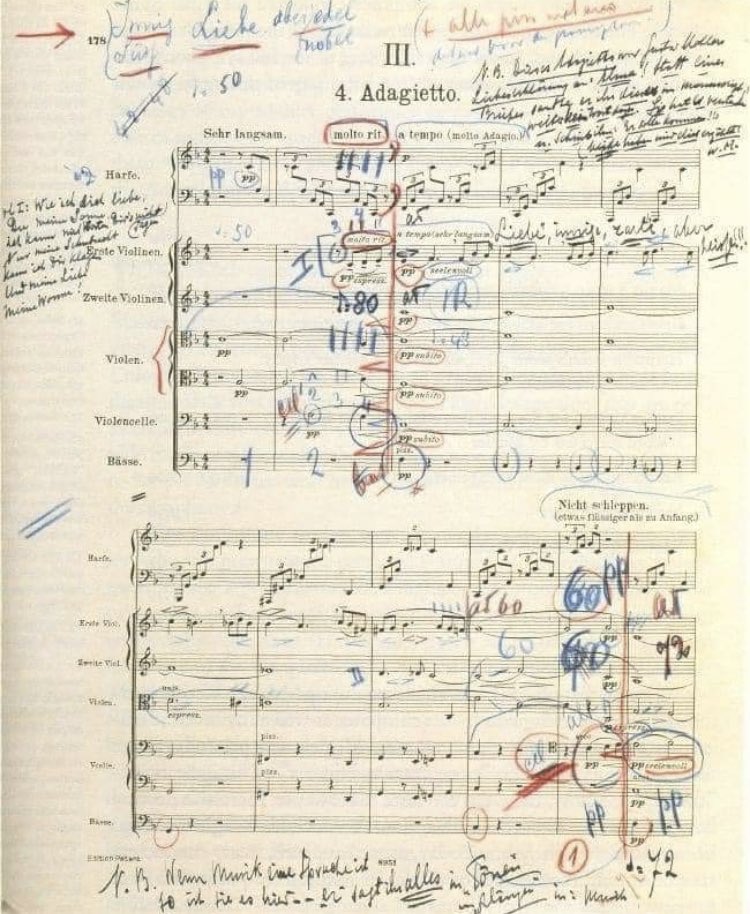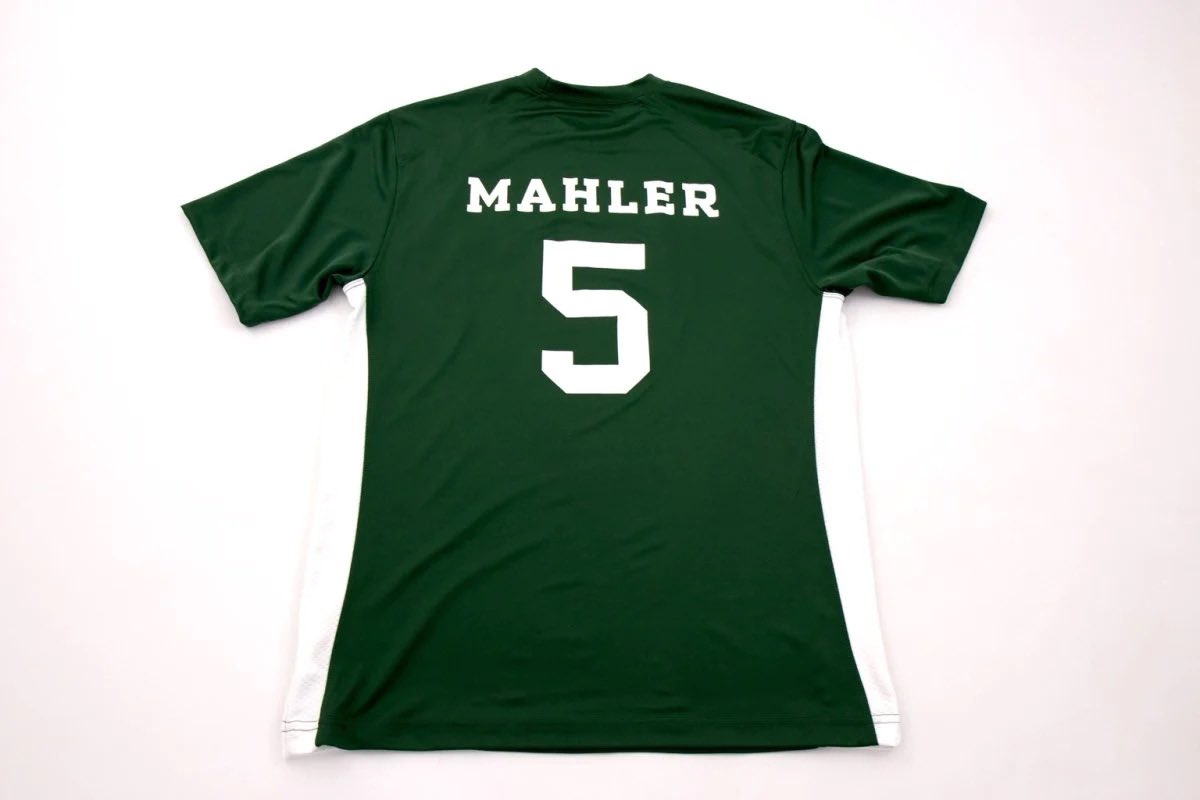Otto Klemperer’s #Mahler thread.
Recently I received a Mahler Second Symphony program, from 1935 (video clip from it and one from 1967, here as well). So I decided to make a list of his Mahler recordings (and a few from other composers) Hope you enjoy it.
Recently I received a Mahler Second Symphony program, from 1935 (video clip from it and one from 1967, here as well). So I decided to make a list of his Mahler recordings (and a few from other composers) Hope you enjoy it.

In 1933 he fled Nazi Germany and started a six-year tenure with the Los Angeles Philharmonic, until 1939 (year of his brain surgery). Sadly he suffered paralysis because of it.He also struggled with his mood disorder the same year.
Here’s Mozart 35 (1938)
Here’s Mozart 35 (1938)
Klemperer has some rare recordings, from 1924 (Staatkapelle Berlin) a Beethoven 1st symphony and a Bruckner 8th (both acoustic recordings). A Wagner Siegfried Idyll, and Tristan Prelude from 1927. Also a Strauss’ Salome (same year with the same orchestra). 


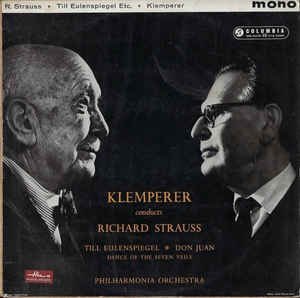
From 1934 a Die Meistersinger Act I Prelude and Beethoven 5th symphony with the Los Angeles Philharmonic from a 1934 broadcast.
open.spotify.com/track/1WxlTwcq…
open.spotify.com/track/1WxlTwcq…
Tense moments followed Otto, with what he thought would be his orchestra. Barbirolli and Rodzinski were preferred to Klemperer, for the directorship of the prestigious NY Philharmonic. 

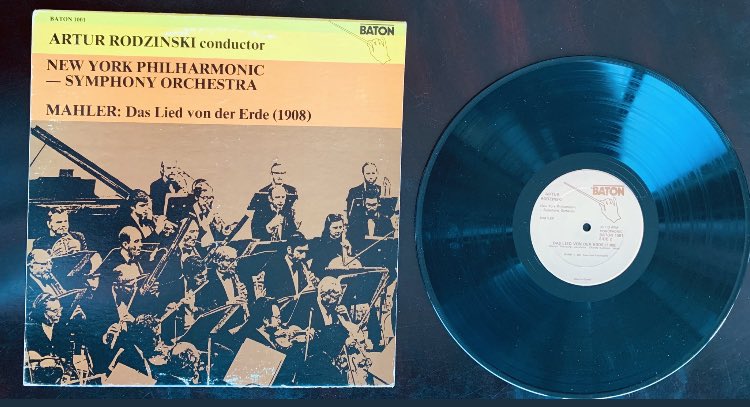

Klemperer was to conduct the first months of the New York Philharmonic’s 1935-6 season. Klemperer wrote a letter to Arthur Judson, head of the orchestra: “That the society did not reengage me is the strongest offense, the sharpest insult to me as artist, which I can imagine” 


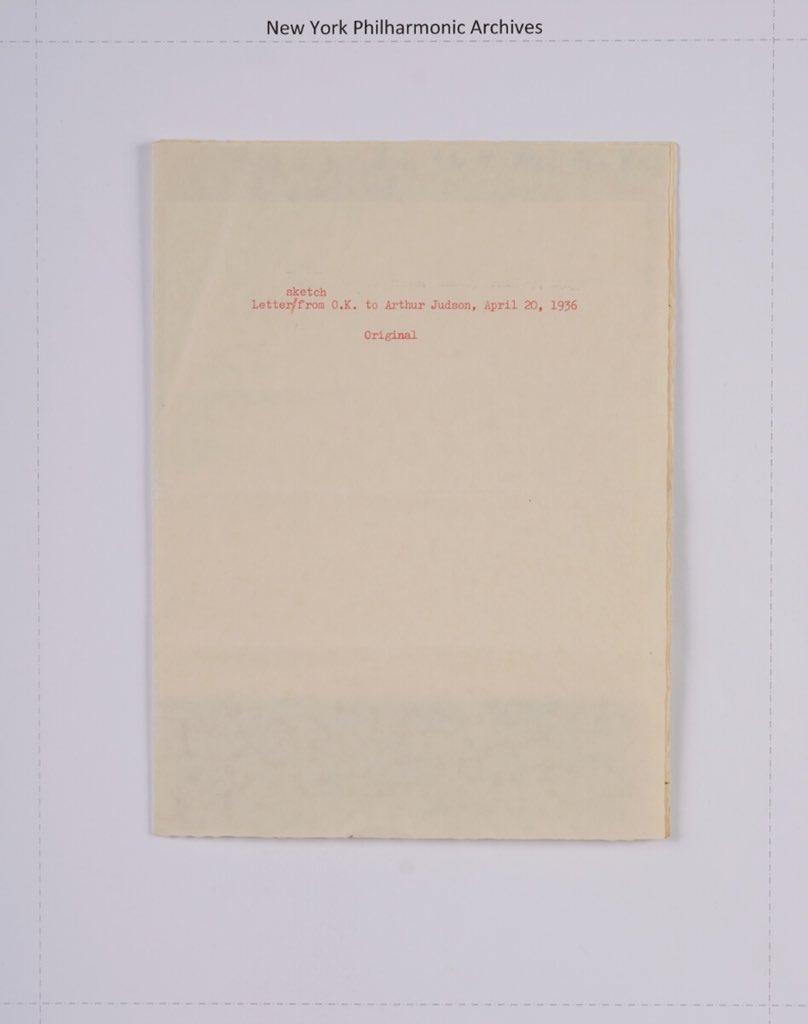
“You see, I am no youngster. I have a name and a good name. One could not use me in a most difficult season and then expel me. This non-reengagement will have very bad results not only for me in New York but in the whole world” Actual letter from the archives of the NY Phil 👇🏻 



#Mahler Klemperer was at the premiere of Mahler’s Seventh (Prague) in September 1908 and he comments on Mahler “He had just about two dozen rehearsals. His technique was remarkable. Each day after rehearsal he used to take the entire orchestral score home with him for revision… 



polishing and retouching. We young musicians, Bruno Walter, Bodanzky, Keussler, and I, would gladly help him, but he would not hear of it and did it all on his own. We usually spent the evenings with him at his hotel. He was relaxed and extremely amusing” (Stoll-Knecht book). 

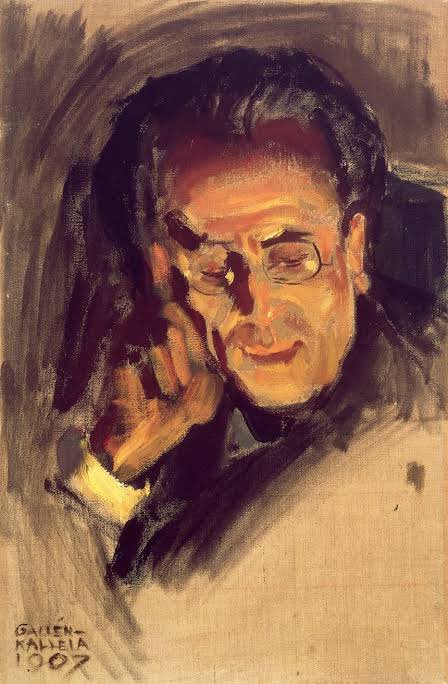
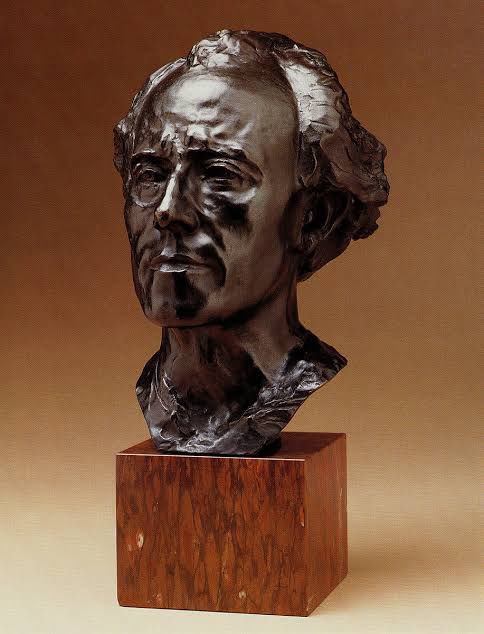
In 1905 Klemperer was offstage brass conductor for Mahler’s Second in Berlin, at just twenty years of age. By 1907 the German conductor played a reduced piano version of Resurrection for Mahler, who loved it. Later Mahler recommended Klemperer by letter which Otto appreciated. 


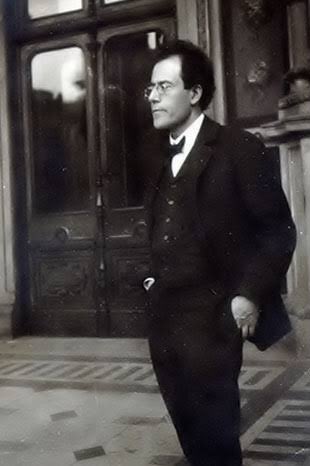
I took a dive into ‘Archifon’ a label that’s reviewed the rarest Klemperer recordings (even the privately owned). Spend time with this list all week, trying to organize and make sense of it, apologies for typos. Here they are, Klemperer’s Mahler recordings.
Mahler’s Second 👇🏻

Mahler’s Second 👇🏻
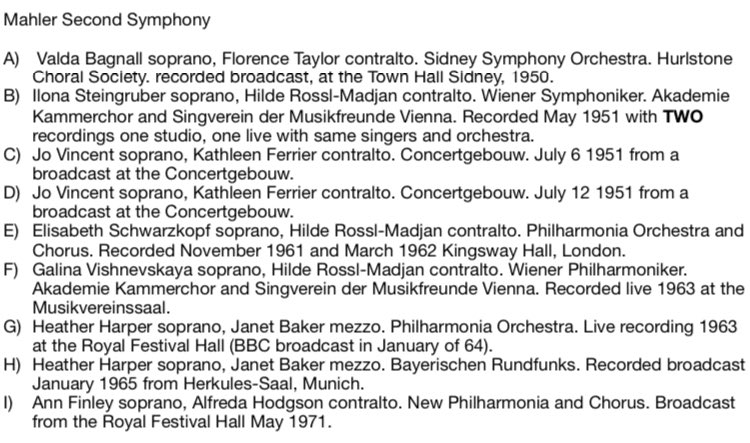
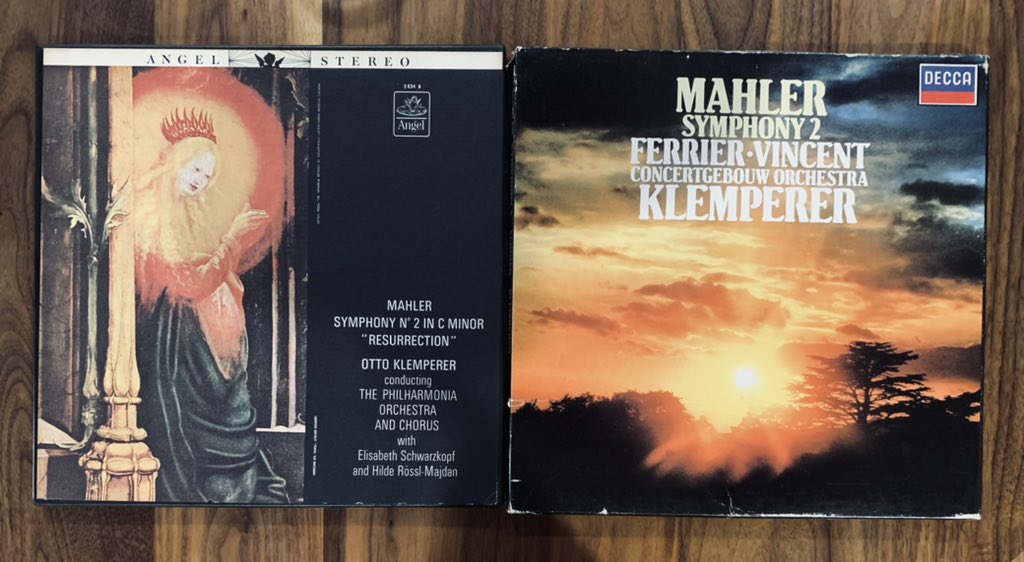
Finally, the two concert programs. From the New Philharmonic, 1967.
From 1935 and the New York Philharmonic.
Hope you had fun, as I did with this thread!!
Hope you had fun, as I did with this thread!!
Klemperer’s Mahler Seventh with New Philharmonia Orchestra was recorded September 1968, in Kingsway Hall, London. He also performed it in 1922 no record exists of it.
• • •
Missing some Tweet in this thread? You can try to
force a refresh




